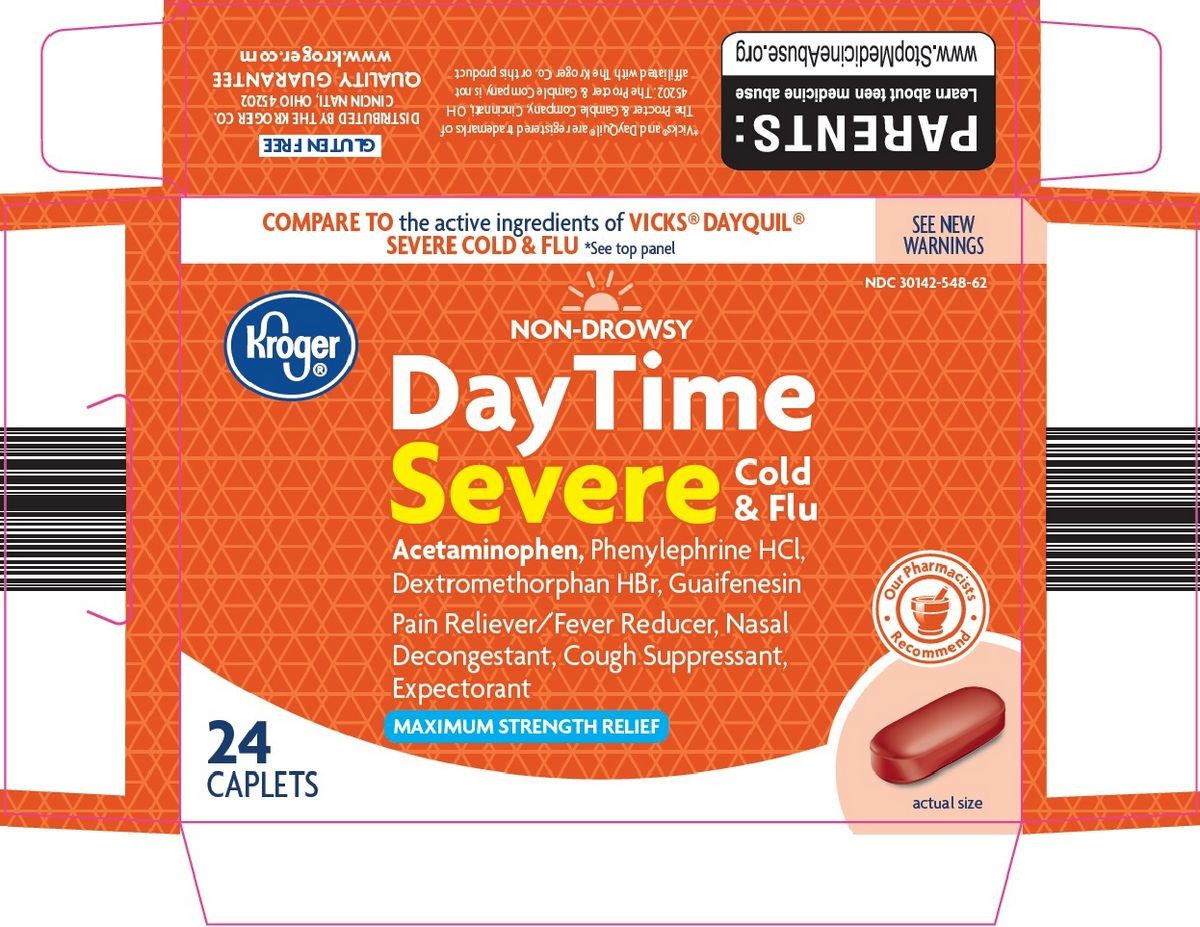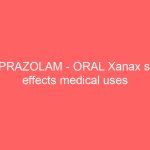
Contents
- 1 Acetaminophen/Dextromethorphan/Pseudoephedrine
- 1.0.1 Warnings
- 1.0.2 What are the side effects of acetaminophen/dextromethorphan/pseudoephedrine?
- 1.0.3 What are the dosages of acetaminophen/dextromethorphan/pseudoephedrine?
- 1.0.4 What drugs interact with acetaminophen/dextromethorphan/pseudoephedrine?
- 1.0.5 Pregnancy and breastfeeding
- 1.0.6 What else should I know about acetaminophen/dextromethorphan/pseudoephedrine?
- 1.0.7 Summary
Acetaminophen/Dextromethorphan/Pseudoephedrine
Acetaminophen/dextromethorphan/pseudoephedrine is a combination medication used for the temporary relief of common cold and flu symptoms, including fever, headache, body aches, cough, sore throat, nasal and sinus congestion. The three drugs are combined in specific dosages and the combination drug is available over the counter (OTC).
Each medication in the combination works differently to provide more effective relief than if taken individually.
- Acetaminophen is an analgesic and antipyretic drug used to relieve pain and fever by blocking pain impulse generation and inhibiting prostaglandin synthesis in the central nervous system (CNS).
- Dextromethorphan suppresses cough by reducing sensitivity of cough receptors in the brain and preventing the transmission of cough impulses.
- Pseudoephedrine stimulates alpha and beta receptors that regulate the contraction of smooth muscles in the bronchial passage and blood vessels, reducing congestion and improving breathing.
Warnings
- Do not take acetaminophen/dextromethorphan/pseudoephedrine if you are hypersensitive to any component of the formulation.
- Do not take acetaminophen/dextromethorphan/pseudoephedrine concurrently with any other drug containing acetaminophen.
- Do not take concurrently or within 14 days after treatment with monoamine oxidase inhibitor (MAOI) type of antidepressant medications.
- Use with caution in patients with G6PD enzyme deficiency.
- Check with your physician before taking if you have any of the following conditions:
- Liver disease
- Heart disease
- High blood pressure
- Diabetes mellitus
- Thyroid disease
- Prostate enlargement and urinary obstruction
- High intraocular pressure
QUESTION
What are the side effects of acetaminophen/dextromethorphan/pseudoephedrine?
Common side effects of acetaminophen/dextromethorphan/pseudoephedrine include palpitations, irregular rhythms (arrhythmia), tremor, weakness, convulsion, dizziness, drowsiness, excitability, and blood disorders.
Call your doctor immediately if you experience any of the following symptoms or serious side effects while using this drug:
- Serious heart symptoms include fast or pounding heartbeats, fluttering in your chest, shortness of breath, and sudden dizziness.
- Severe headache, confusion, slurred speech, severe weakness, vomiting, loss of coordination, feeling unsteady.
- Severe nervous system reaction with very stiff muscles, high fever, sweating, confusion, fast or uneven heartbeats, tremors, and feeling like you might pass out.
- Serious eye symptoms include blurred vision, tunnel vision, eye pain or swelling, or seeing halos around lights.
This is not a complete list of all side effects or adverse reactions that may occur. Call your doctor for medical advice about serious side effects or adverse reactions. You may also report side effects or health problems to the FDA at 1-800-FDA-1088.
What are the dosages of acetaminophen/dextromethorphan/pseudoephedrine?
Capsule
- 325 mg/15 mg/30 mg
Gel cap
- 500 mg/15 mg/30 mg
Symptomatic Relief of Cough and Congestion
Adult:
- Based on acetaminophen component: 325 mg orally once every 4-8 hours as needed; not to exceed 4 g/day
- Based on dextromethorphan component: 10-20 mg orally once every 4-8 hours or 30 mg orally once every 8 hours; not to exceed 120 mg/24 hours
- Based on pseudoephedrine component: 60 mg orally once every 4 hours; not to exceed 360 mg/24 hours
Pediatric:
- Based on acetaminophen component: 10-15 mg/kg/dose orally every 4-6 hours as needed; not to exceed 5 doses/24 hours
- Based on dextromethorphan component
- Children below 6 years old: Ask a pediatrician
- Children 6-12 years old: 15 mg orally every 6-8 hours; not to exceed 60 mg/24 hours
- Children above 12 years old: 10-20 mg orally once every 4-8 hours or 30 mg orally once every 8 hours; not to exceed 120 mg/24 hours
Overdose
- Overdose of acetaminophen/dextromethorphan/pseudoephedrine can cause severe symptoms that can be fatal if not treated promptly.
- Acetaminophen damages the liver and kidney, causing symptoms such as nausea, vomiting, loss of appetite, abdominal pain, extreme tiredness, yellowing eyes and skin, reduced urine output, low blood pressure (hypotension) and rapid heart rate.
- Other symptoms from overdose of acetaminophen/dextromethorphan/pseudoephedrine include breathing problems, blurred vision, muscle spasms and weakness, dizziness, giddiness, hallucinations, headache, thirst, sweating, increased temperature, increased heart rate and palpitations.
- Severe overdose can cause irregular heart rhythms, circulatory collapse, convulsions, coma and respiratory failure.
- Overdose treatment may include administration of N-acetylcysteine, antidote to acetaminophen, and other symptomatic and supportive measures, including gastric lavage and activated charcoal to eliminate the undigested drug.
What drugs interact with acetaminophen/dextromethorphan/pseudoephedrine?
Inform your doctor of all medications you are currently taking, who can advise you on any possible drug interactions. Never begin taking, suddenly discontinue, or change the dosage of any medication without your doctor’s recommendation.
- Severe interactions of acetaminophen/dextromethorphan/pseudoephedrine include: dihydroergotamine, dihydroergotamine inhaled, dihydroergotamine intranasal, ergoloid mesylates, ergonovine, ergotamine, isocarboxazid, linezolid, methylergonovine, phenelzine, procarbazine, rasagiline, selegiline, selegiline transdermal, and tranylcypromine.
- Other interactions: acetazolamide, albiglutide, antithrombin alfa, antithrombin III, argatroban, bemiparin, bivalirudin, carbamazepine, cholestyramine, clonazepam, colestipol, dalteparin, desmopressin, and diazepam.
For more information on drug interactions, visit the RxList Drug Interaction Checker.
Always inform your doctor, pharmacist, or health care provider of all prescription and over-the-counter medications you use, including the dosage for each.
Pregnancy and breastfeeding
- Acetaminophen/dextromethorphan/pseudoephedrine should be used by pregnant women only if clearly needed. The lowest effective dose for the shortest possible time is recommended.
- Acetaminophen/dextromethorphan/pseudoephedrine may be present in breastmilk. Check with your physician before using.
- If you are pregnant or breastfeeding, do not take any OTC drug, including acetaminophen/dextromethorphan/pseudoephedrine, without first checking with your healthcare provider.
What else should I know about acetaminophen/dextromethorphan/pseudoephedrine?
- Take acetaminophen/dextromethorphan/pseudoephedrine exactly as prescribed or as per label instructions if taking OTC medication.
- Do not exceed the recommended dosage or take higher or more frequent doses for prolonged periods.
- Avoid overdose by carefully checking product labels. Acetaminophen is found in many dosage forms and combination products.
- Stop use and contact your physician if:
- Pain, cough, or nasal congestion worsen or persist for longer than 7 days
- Fever worsens or lasts longer than 3 days
- New symptoms develop
- Redness or swelling occur
- Dizziness, nervousness, or sleeplessness are experienced
- Severe skin reactions occur
Summary
Acetaminophen/dextromethorphan/pseudoephedrine is a combination medication used for temporary relief of common cold and flu symptoms. Common side effects include palpitations, irregular rhythms, tremor, weakness, convulsion, dizziness, drowsiness, excitability, and blood disorders. Consult your doctor if you are pregnant or breastfeeding.


